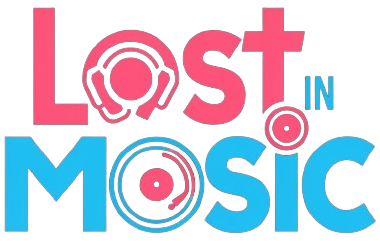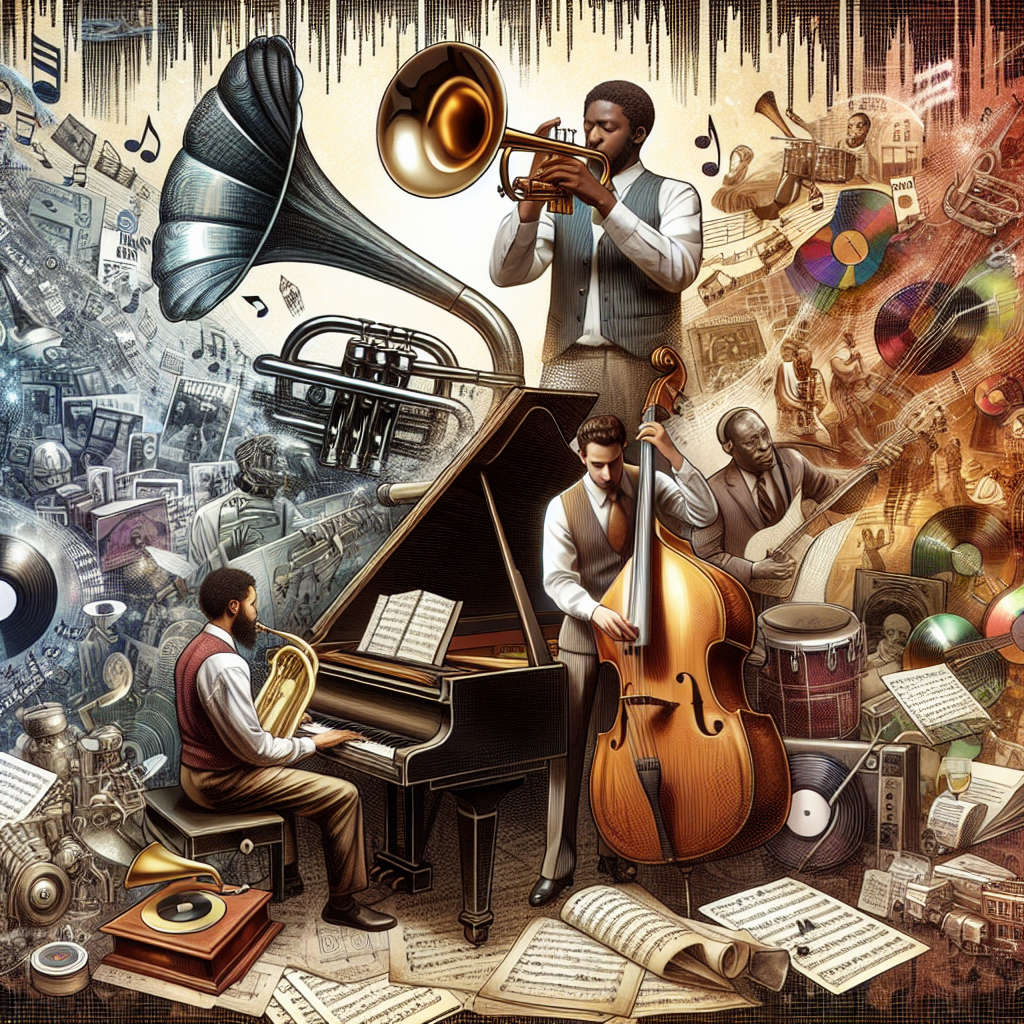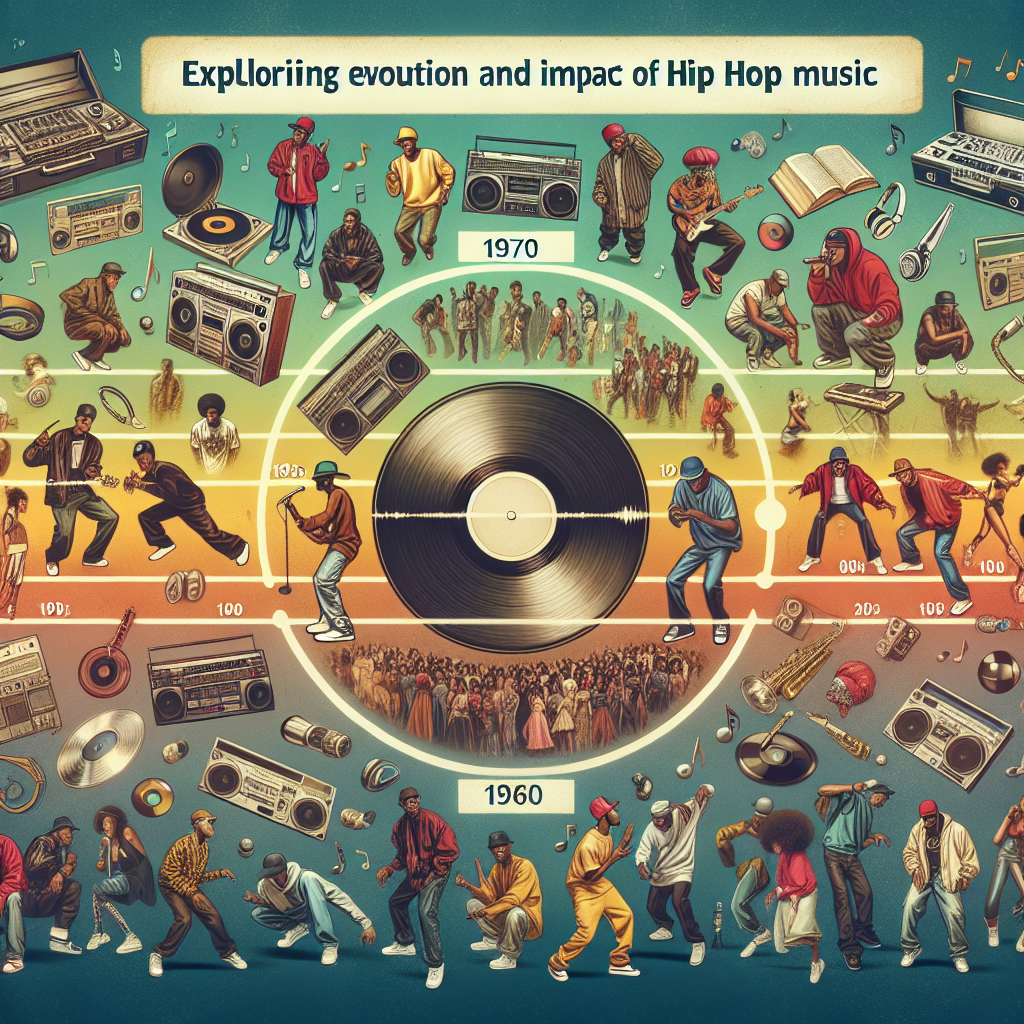Trance music, a genre known for its captivating melodies and electrifying beats; a genre that carries within its soundwaves the power to transport listeners into a different dimension – has a rich and diverse history that on its own, tells an exhilarating story of technological advancement, cultural fusion, and the relentless pursuit of artistic creativity.
Origins of Trance Music
The origin of trance music can be traced back to the early 1990s in Germany. The term ‘Trance’ was derived from the word ‘Transzendenz’, which in German refers to transcendence or the crossing of boundaries. This genre of music came into play as a reaction against the commercialisation of dance music. Originally, it was recognized by its repetitive beats and hypnotic rhythms, drawing influence from techno, house, new age, and several other styles.
The pioneers of this genre include artists such as Paul van Dyk, Jam & Spoon, Dance 2 Trance, and Cosmic Baby. These early trance artists were driven by the desire to create a new sound, eliciting an emotional response and cultivating a deep connection with their audience, harnessing the power of technology and synthesizers to achieve this.
Evolution of Trance Music
As the popularity of trance music grew, it made its way across Europe, eventually reaching countries like the United Kingdom and Netherlands and evolving in response to different cultural and musical influences.
In the UK, trance was receptive to elements of classical music and Hollywood film scores, leading to the creation of a more melodically enriched and lush sub-genre of trance, now known as uplifting or epic trance. Artists like Above & Beyond and Ferry Corsten became stalwarts of this melodramatic and emotional brand of trance music.
In contrast, the Netherlands embraced a harder, faster-paced variant of trance music, which evolved into ‘hard trance’ and later into ‘psychedelic’ or ‘psy-trance’. Infused with aggressive, rapid tempos and a darker, more psychedelic atmosphere. This variant of trance gained popularity through artists like Armin van Buuren and Tiesto.
The 21st Century and Beyond
By the 21st century, trance music had infiltrated mainstream music, with artists like Tiesto and Paul Van Dyke winning awards for their trance compositions. The genre continued to evolve and branch out into various sub-genres like progressive trance, vocal trance, tech-trance, and numerous others, each with its unique characteristics and appeal.
Simultaneously, global trance music festivals like A State of Trance and Tomorrowland became a primary platform for trance artists, exposing the genre to larger audiences and contributing significantly to diversifying and solidifying its global status.
Conclusion
Trance, since its inception, has been a genre of music that has consistently pushed musical boundaries and defied conventions. With the evolution of digital platforms and the increasing accessibility of music production software, the future of trance looks more exciting than ever. Bridging gaps across cultures, generations, and musical preferences, the journey of trance music perfectly encapsulates the transformative power of music.
FAQs
1. What are the origins of trance music?
Trance music originated in Germany in the early 1990s as a reaction against the commercialisation of dance music.
2. Who was involved in the early development of trance music?
The early development of trance music saw a significant contribution from artists such as Paul van Dyk, Jam & Spoon, Dance 2 Trance, and Cosmic Baby.
3. How did trance music evolve?
Trance music evolved by incorporating different elements from various other genres and adapting to cultural and musical influences as it spread across Europe.
4. What are the different sub-genres of trance music?
There are several sub-genres of trance music, including uplifting trance, hard trance, progressive trance, vocal trance, tech-trance, and psy-trance.
5. How has trance music impacted mainstream music?
Trance music has significantly impacted mainstream music, with many artists and compositions reaching chart-topping success and winning prestigious awards.




